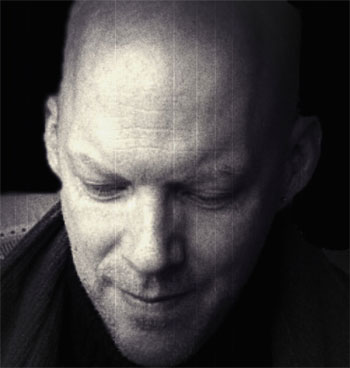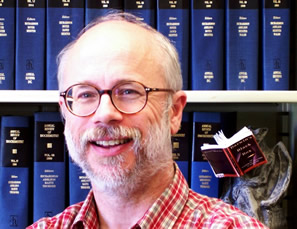
Philosophers without Gods: Meditations on Atheism and the Secular Life by Louise M. Antony (Oxford University Press, 2007)
Book Description [from the publisher]
Atheists are frequently demonized as arrogant intellectuals, antagonistic to religion, devoid of moral sentiments, advocates of an “anything goes” lifestyle. Now, in this revealing volume, nineteen leading philosophers open a window on the inner life of atheism, shattering these common stereotypes as they reveal how they came to turn away from religious belief. These highly engaging personal essays capture the marvelous diversity to be found among atheists, providing a portrait that will surprise most readers. Many of the authors, for example, express great affection for particular religious traditions, even as they explain why they cannot, in good conscience, embrace them. None of the contributors dismiss religious belief as stupid or primitive, and several even express regret that they cannot, or can no longer, believe. Perhaps more important, in these reflective pieces, they offer fresh insight into some of the oldest and most difficult problems facing the human mind and spirit. For instance, if God is dead, is everything permitted? Philosophers Without Gods demonstrates convincingly, with arguments that date back to Plato, that morality is independent of the existence of God. Indeed, every writer in this volume adamantly affirms the objectivity of right and wrong. Moreover, they contend that secular life can provide rewards as great and as rich as religious life. A naturalistic understanding of the human condition presents a set of challenges—to pursue our goals without illusions, to act morally without hope of reward—challenges that can impart a lasting value to finite and fragile human lives. Collectively, these essays highlight the richness of atheistic belief—not only as a valid alternative to religion, but as a profoundly fulfilling and moral way of life.
About the Author
Louise M. Antony is Professor of Philosophy at the University of Massachusetts, Amherst. She is the author of A Mind of Oneʼs Own and Chomsky and His Critics.
Related Works
The Cambridge Companion to Atheism
Cambridge Companions to Philosophy
(published Oct. 2006)
by Michael Martin
Atheists: A Groundbreaking Study of Americaʼs Nonbelievers
by Bruce E. Hunsberger & Bob Altemeyer
Like Rolling Uphill: Realizing The Honesty Of Atheism
by Dianna Narciso
Nothing: Something to Believe in
by Nica Lalli
My Pilgrim Way,
The Case Against God,
Something Understood—An Autobiography,
Who needs the Church? (The 1982 Barclay lectures), all by Gerald Priestland
What I Believe
by Anthony John Patrick Kenny
Works that Contains A Wider Range of Testimonies
Leaving the Fold: Testimonies of Former Fundamentalists
(nearly three dozen testimonies edited by Edward T. Babinski)
Leaving Fundamentalism (to be published Dec. 2007)
(fifteen testimonies edited by philosophy professor, Dr. G. Elijah Dann)
Walking Away from Faith:
Unraveling the Mystery of Belief and Unbelief
by Ruth A. Tucker
Amazing Conversions:
Why Some Turn to Faith & Others Abandon Religion
by Bob Altemeyer & Bruce Hunsberger
The Courage of Conviction [a collection of varied testimonies from the Dalai Lama to Jane Goodall to Billy Graham]
editor Phillip L. Berman
This I Believe [a collection of varied testimonies]
editors Jay Allison & Dan Gediman
What I Believe:
13 Eminent People of Our Time Argue for Their Philosophy of Life
editor Mark Booth
Journeys in belief (Unwin forum, 2)
editor Bernard Dixon



